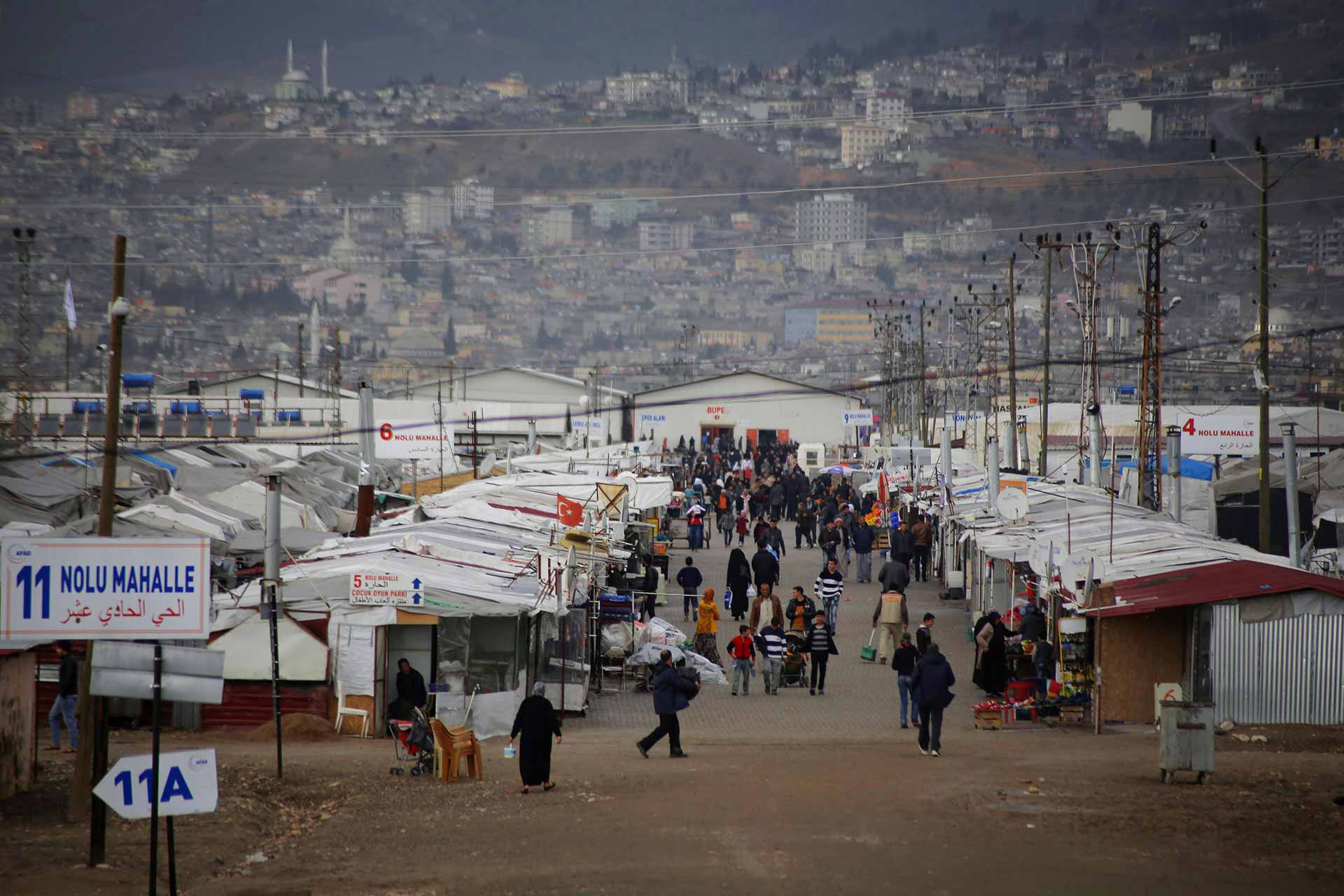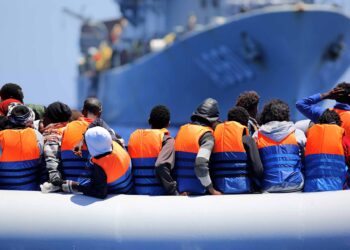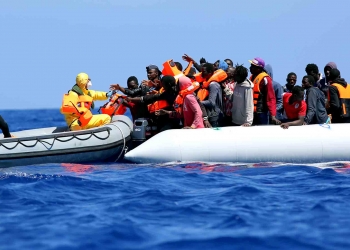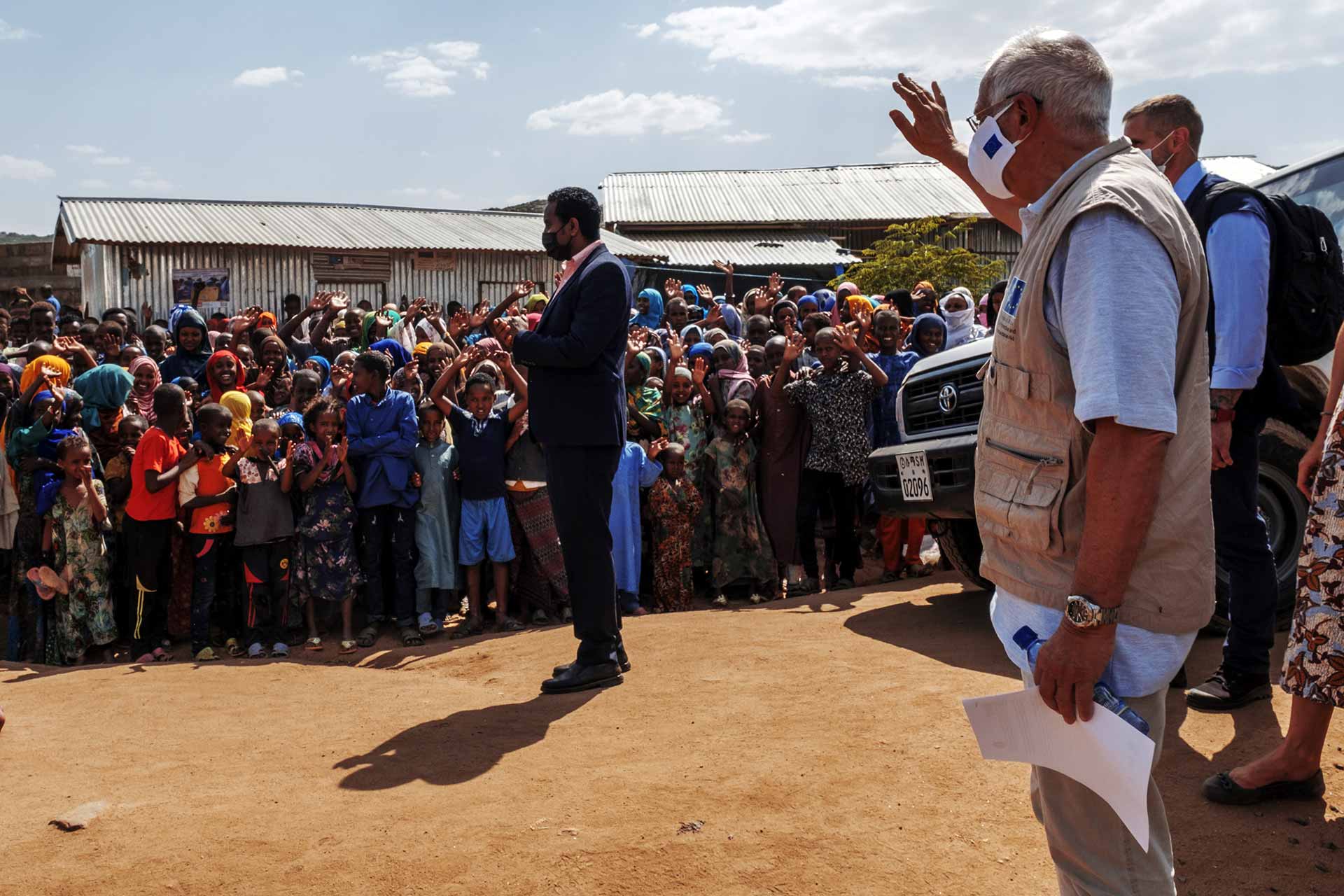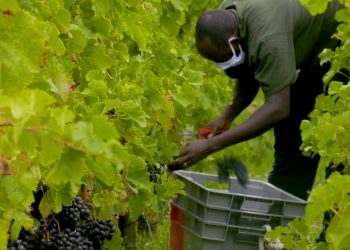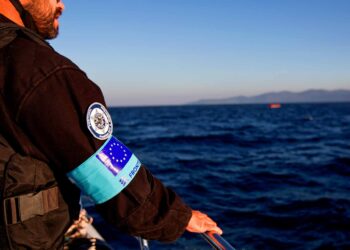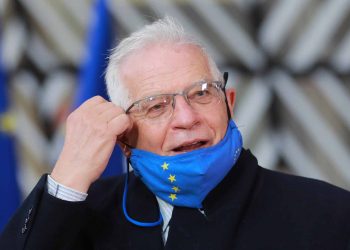EU has extended until 2022 two humanitarian programmes in Turkey to host 4 million refugees. 70% of them are children and women. These programmes help over 1.8 million refugees. Humanitarian programmes in Turkey meet their basic needs and will help over 700,000 children to continue their education.
The humanitarian needs of refugees in Turkey persist and are even further exacerbated by the coronavirus pandemic.
Commissioner for Crisis Management, Janez Lenarčič, said: “The EU is fully committed to support those in need, as we have done for the past years. I am glad that our flagship programmes help thousands of refugee families have some normality in their daily lives. This is a true demonstration of European solidarity.”
Debates: Turkey opened border gates to illegal migrants and threatens Europe
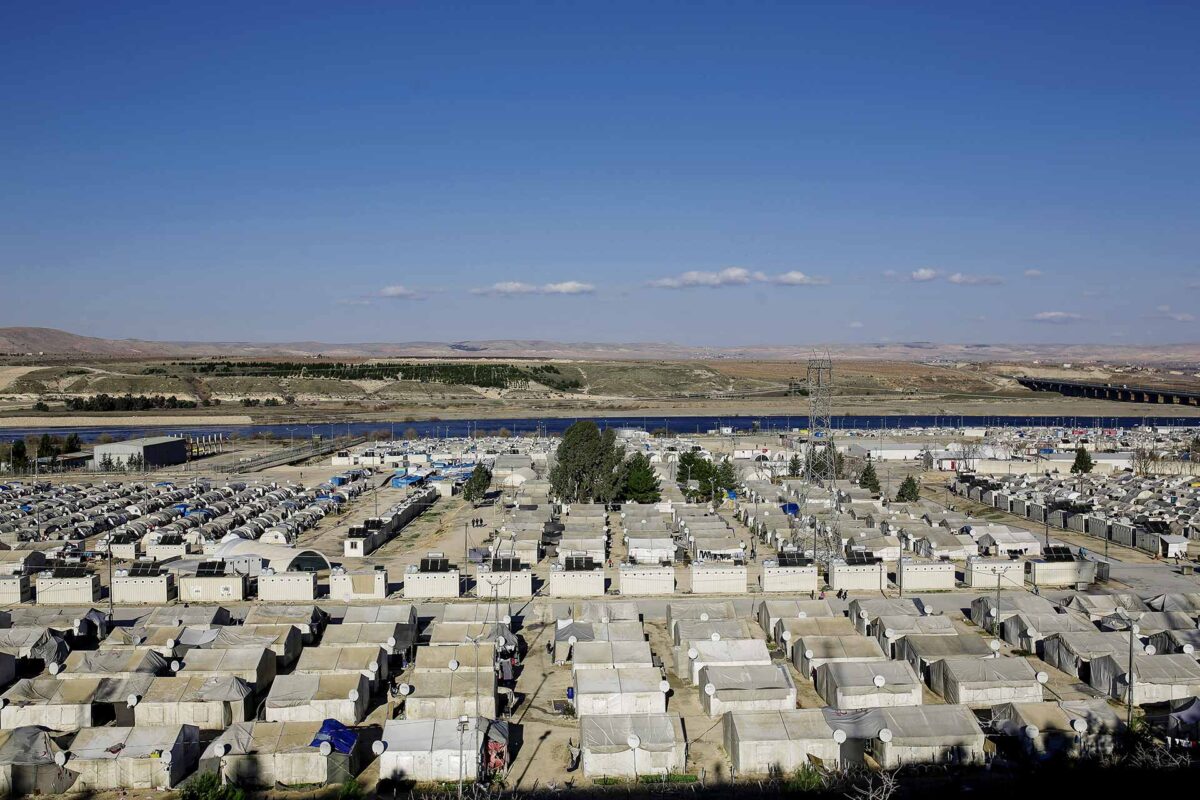
The humanitarian programmes in Turkey extended until early 2022 are:
- The Emergency Social Safety Net (ESSN) is providing over 1.8 million refugees with monthly cash. With the EU cash assistance meet their basic needs. This is a largest EU funded humanitarian programme ever. The implementation is under the International Federation of Red Cross and Red Crescent Societies (IFRC) in partnership with the Turkish Red Crescent.
- Conditional Cash Transfers for Education (CCTE) is the largest EU-funded humanitarian education programme. It provides support to families whose children attend school regularly. It helps over 620,000 refugee children continue their education and will support 700,000 in 2021. UNICEF runs the programme in partnership with the Turkish Red Crescent.
EU – Turkey Migration Deal
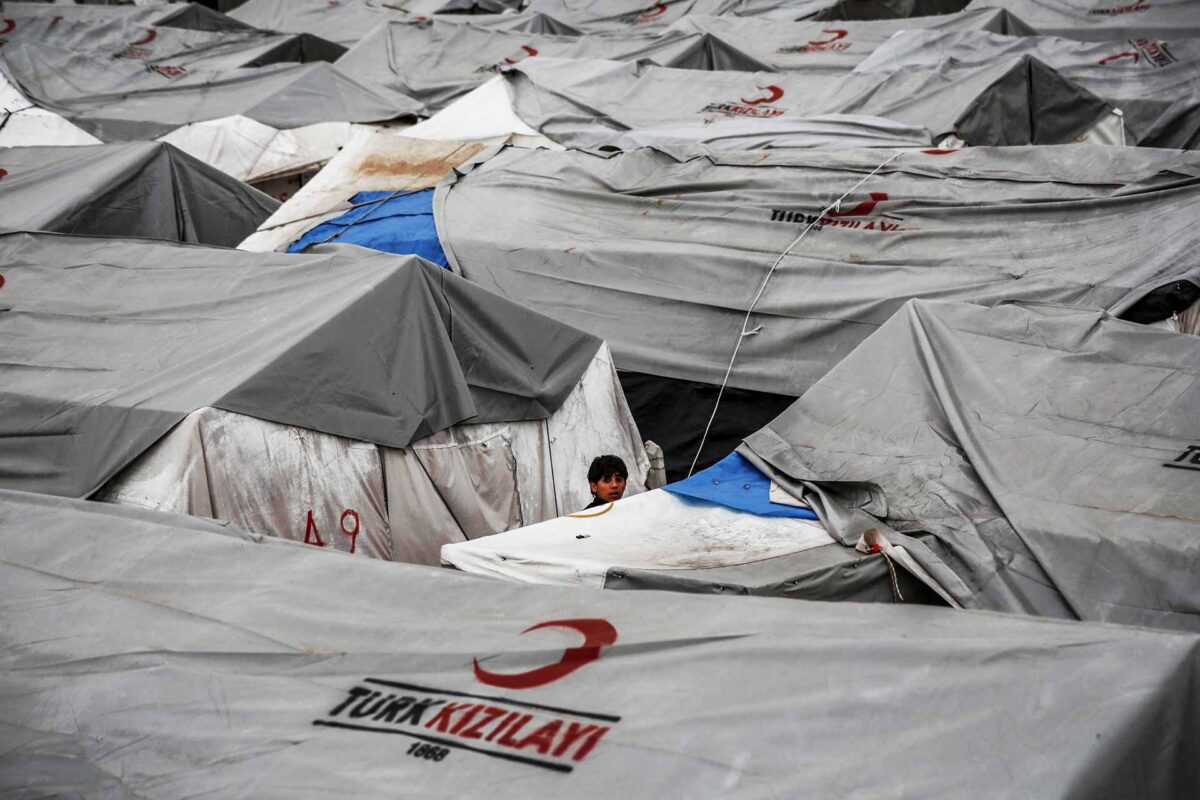
Migration: A Hybrid Threat? Turkey sends Migrants to Europe. Blackmail or Hybrid threat?
Turkey hosts close to 4 million refugees, with 70% of them children and women. More than 98% of refugees in Turkey live outside camps. Some 3.6 million are Syrians who fled the ongoing war.
The ESSN and CCTE programmes were set up under the EU Facility for Refugees in Turkey in 2016 and 2017 respectively. The extension of the migration deal with Turkey announced today. Humanitarian programmes in Turkey are no longer funded under the Facility for Refugees, but from the budget of the European Union. The humanitarian programmes will continue supporting the most vulnerable refugees in Turkey. Both programmes run in partnership with the Government of Turkey.
The ESSN provides the most vulnerable registered refugees with monthly cash transfers onto an electronic debit card to help pay for what they need most, such as food, shelter, health and transport. The CCTE programme funds bi-monthly cash-transfers, via the same debit card, to vulnerable refugee families whose children attend classes regularly.
Over 98% of refugees in Turkey live outside camps under challenging and often precarious circumstances.
UN Refugee Agency
Humanitarian programmes and needs in Turkey
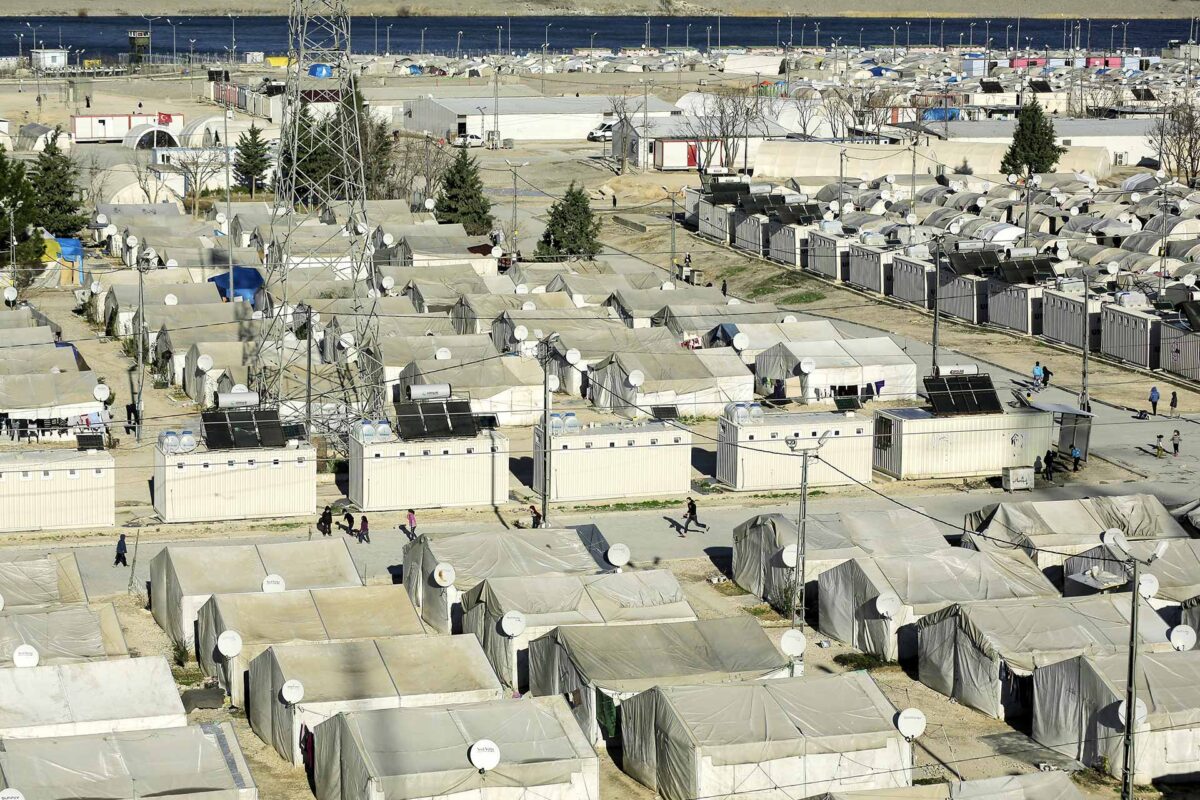
Refugees under Migration deal with Turkey
Turkey currently hosts the largest refugee population in the world – close to 4 million. Some 3.6 million of them are Syrians who fled the ongoing conflict that has ravaged their country for nearly 10 years. The vast majority of refugees in Turkey live outside camps, with growing but still limited access to basic services. The European Union, in close cooperation with the Turkish authorities, has been assisting the most vulnerable people on the basis of humanitarian needs. Since 2015, the EU has supported more than 80 humanitarian programmes contracted with over 21 partner organisations.What are the needs?
The cost of living and lack of access to a regular income make it difficult for vulnerable families to meet their basic needs. Some feel they have no choice but to resort to negative coping mechanisms such as child labour or street begging; many families reduce their food consumption or live in substandard housing.
EU-Turkey: Anatomy of a difficult relationship
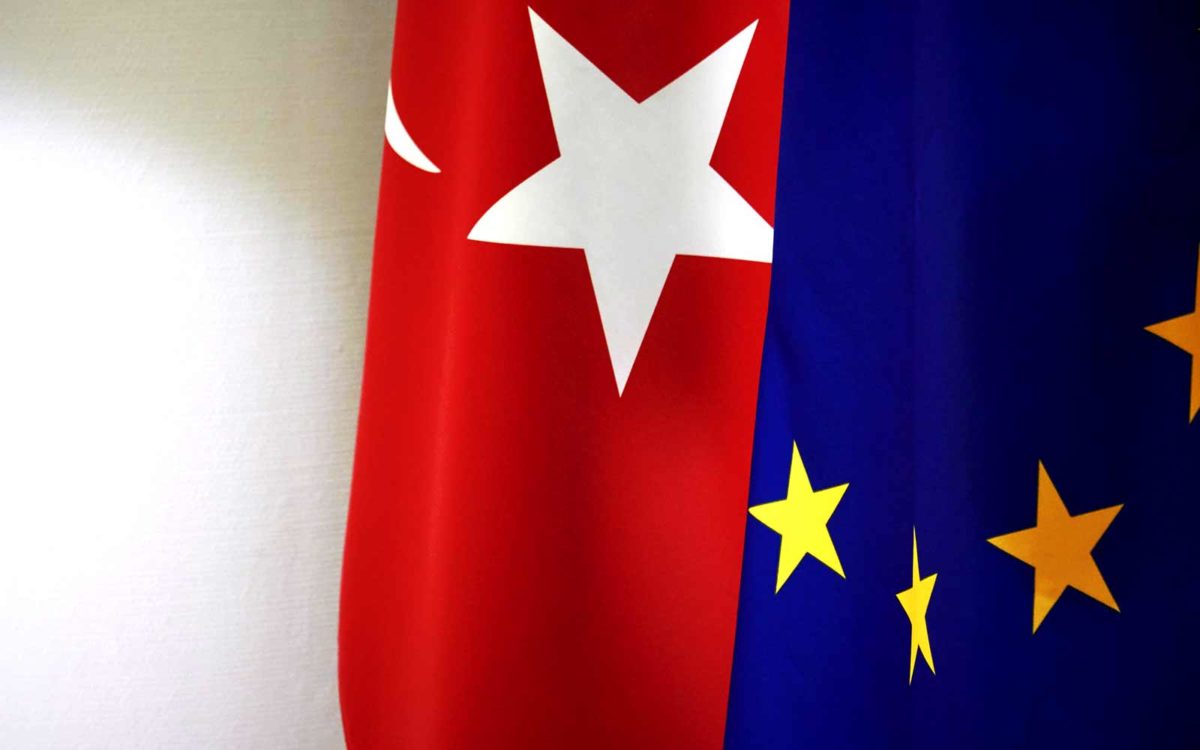
Conditional Cash Transfers for Education (CCTE)
Humanitarian programmes in Turkey
Since 2017, the EU has also been supporting vulnerable refugee families whose children attend school regularly through bi-monthly cash transfers under the Conditional Cash Transfers for Education (CCTE). The CCTE is the EU’s largest-ever humanitarian programme for education in emergencies. It currently assists over 628,000 children and it will help more than 700,000 children to continue their education until early 2022.
Thanks to EU funding, around 20,000 Syrian refugee children and young people enrolled in accelerated learning programmes to help them make up for lost years of schooling. They attend basic literacy, numeracy classes and Turkish language courses. The EU is also providing transport to over 1,000 children per month to facilitate their attendance to their formal and non-formal education activities.

